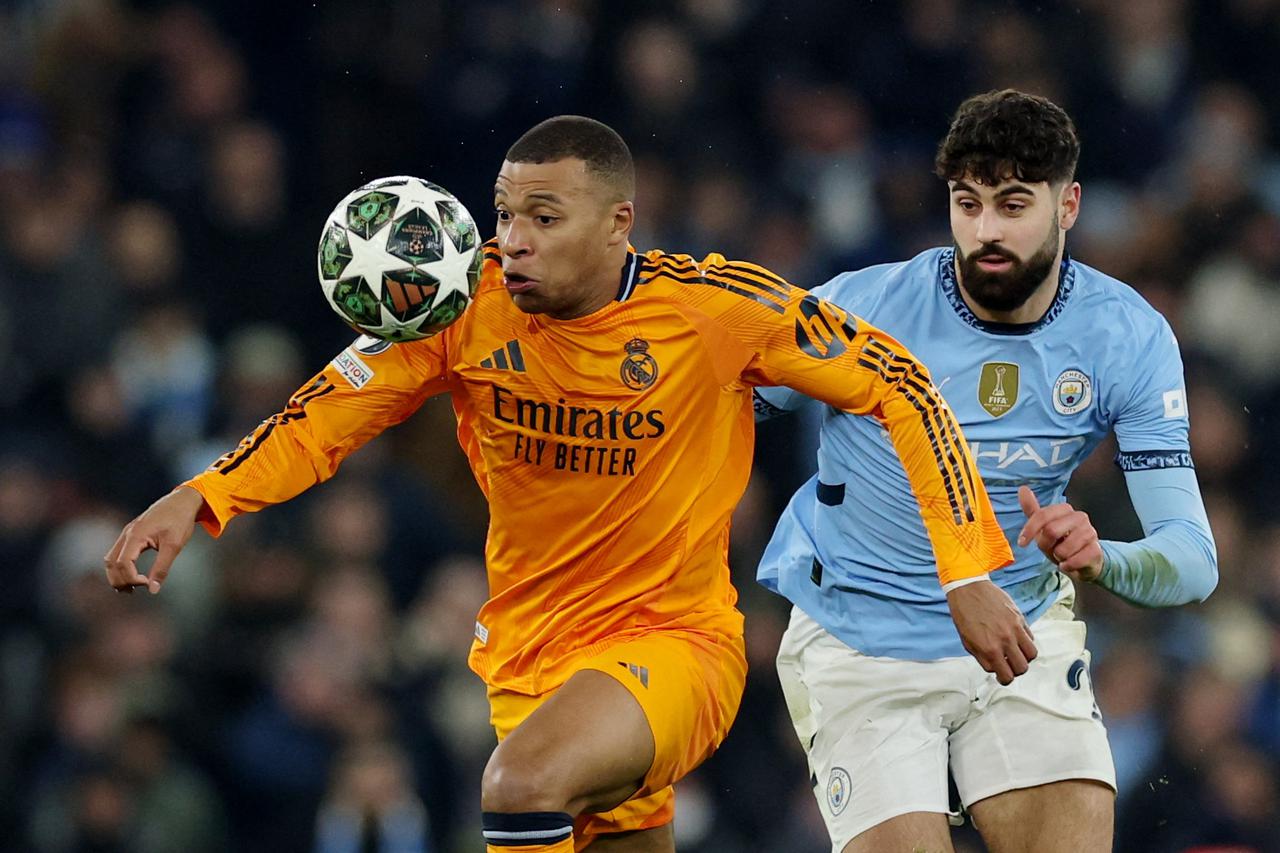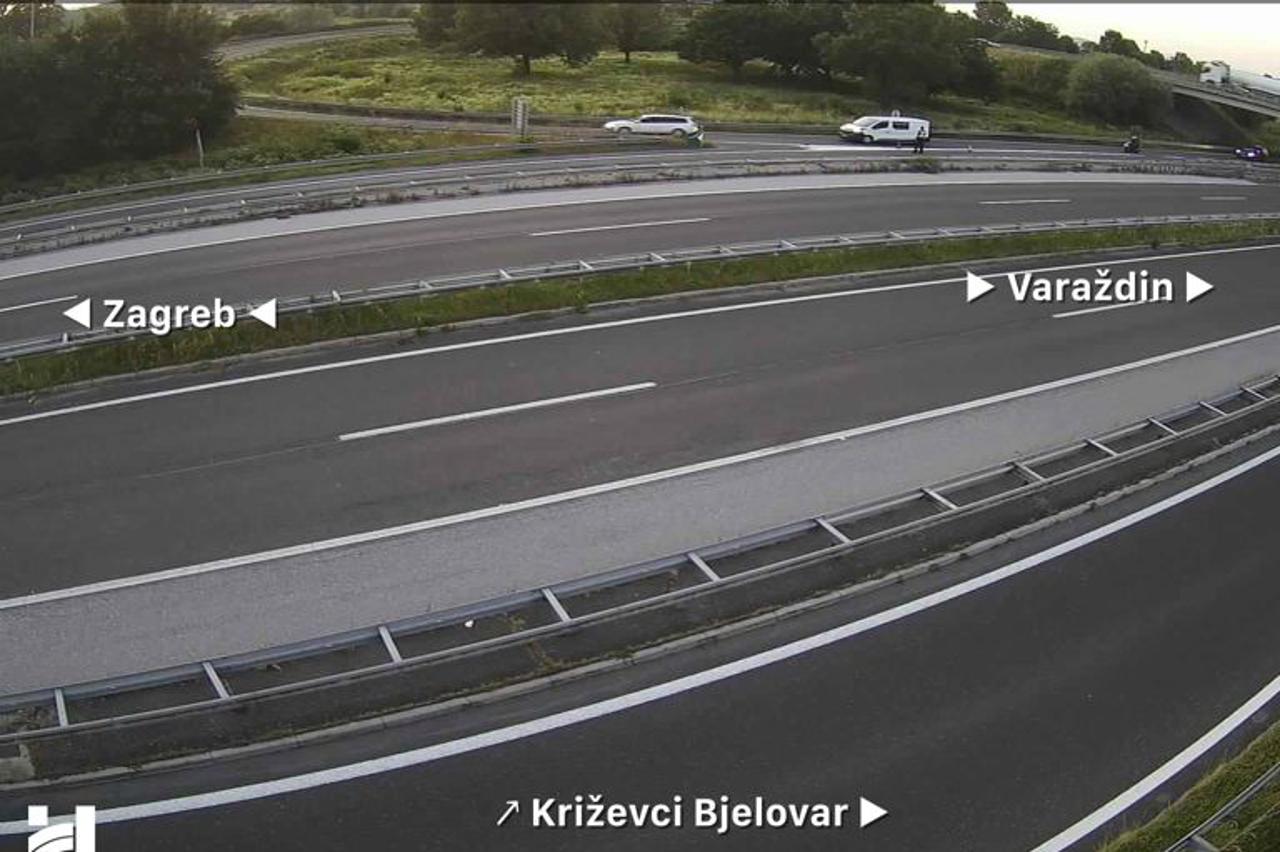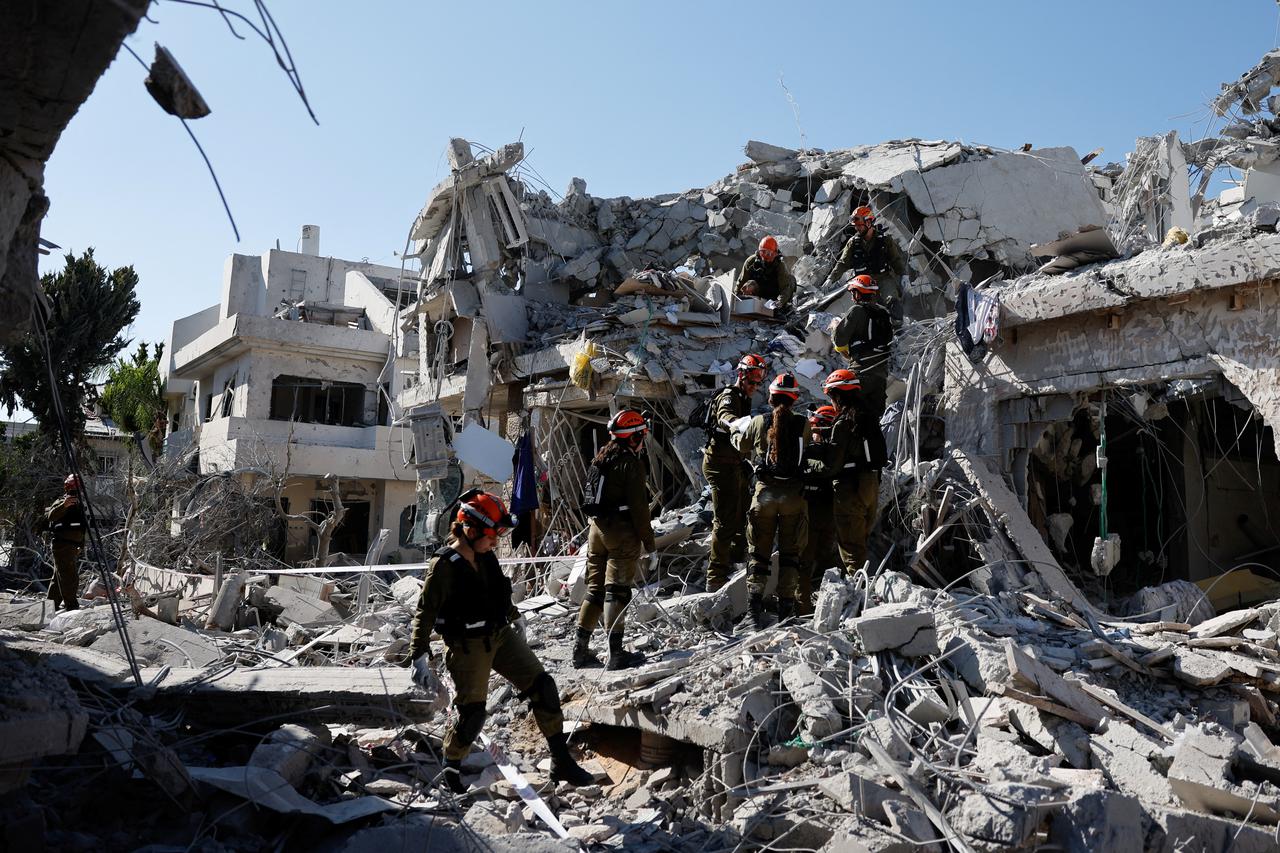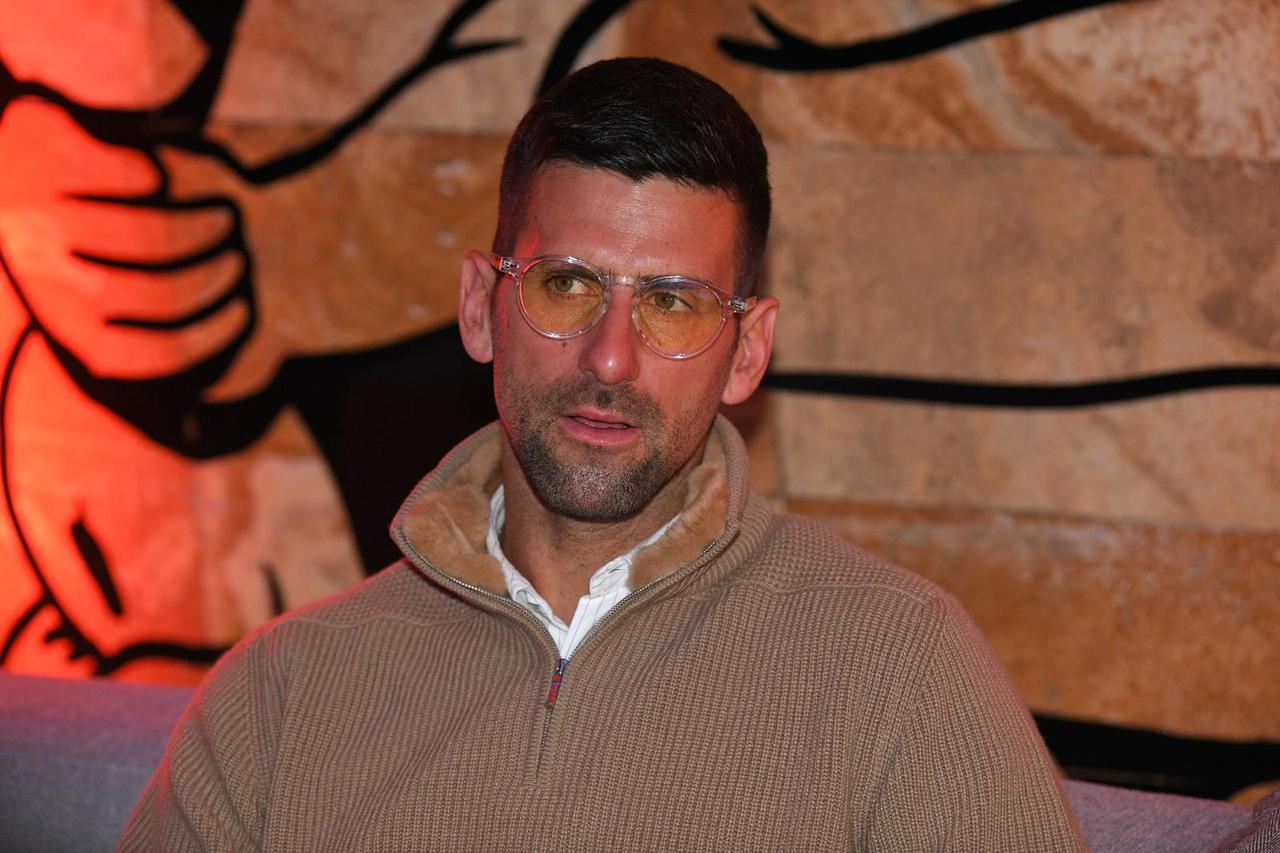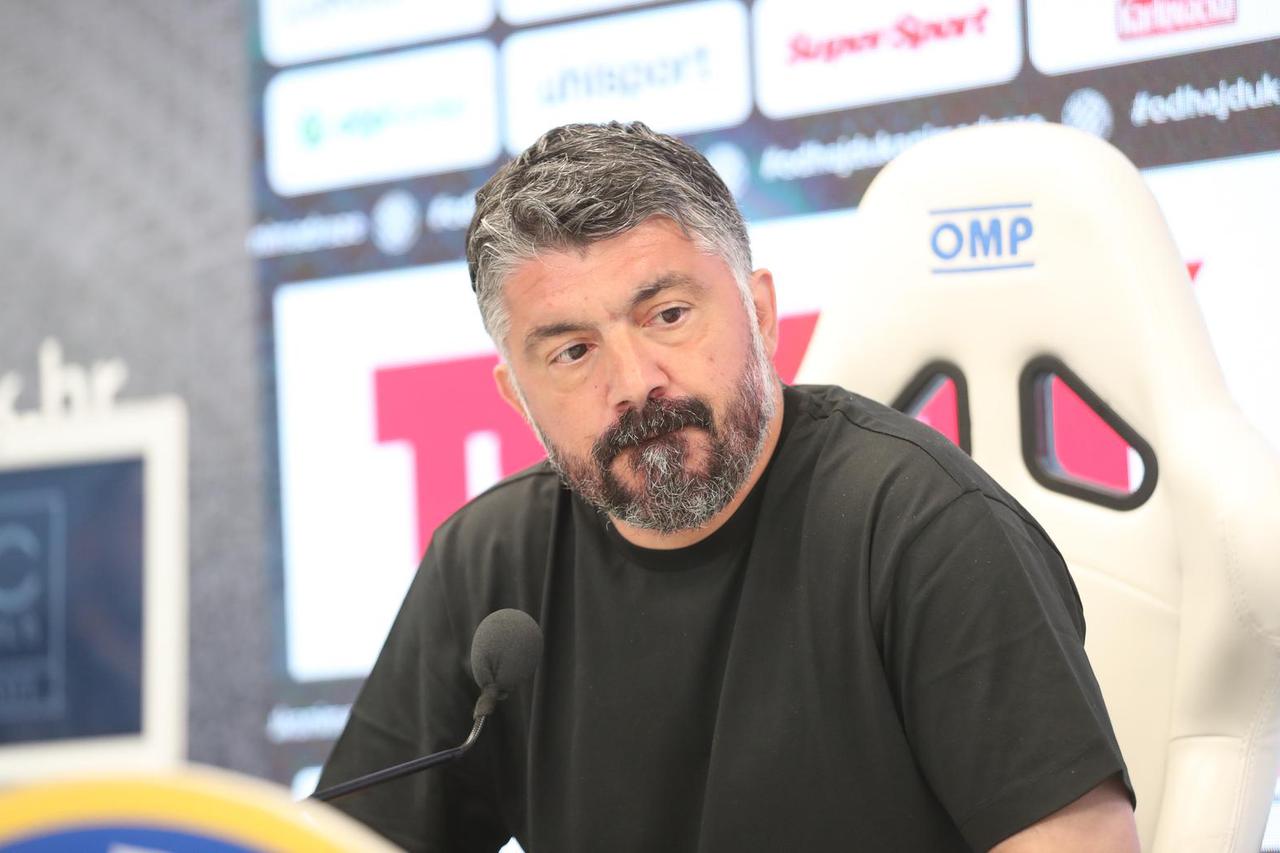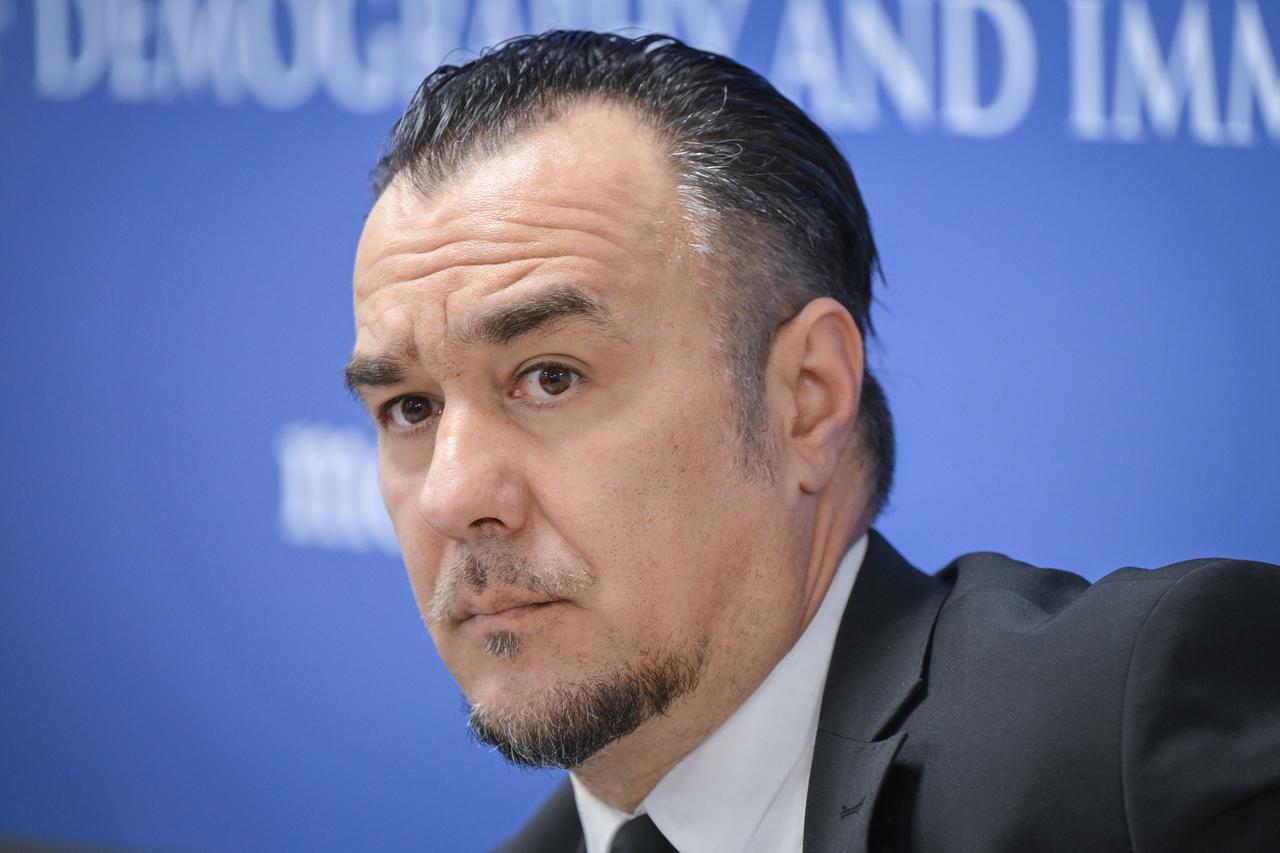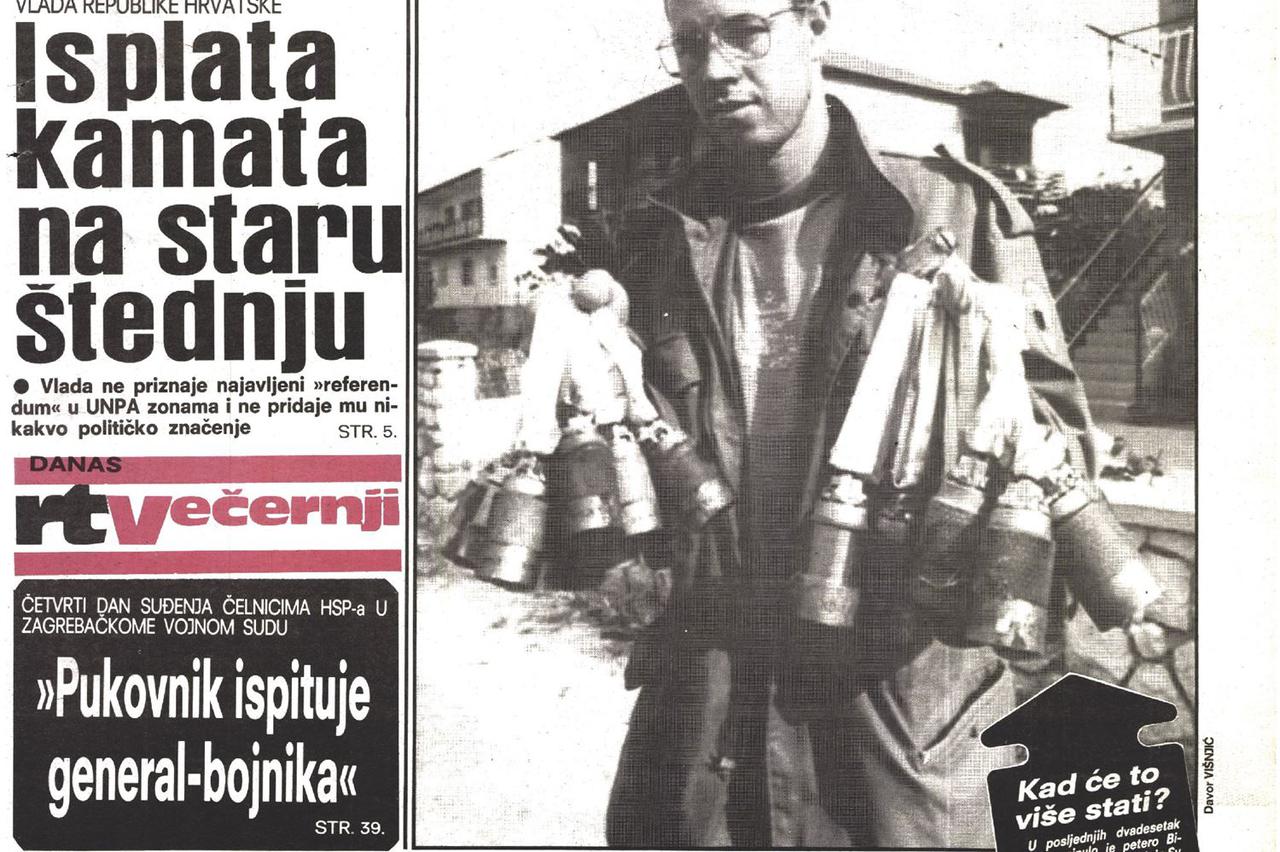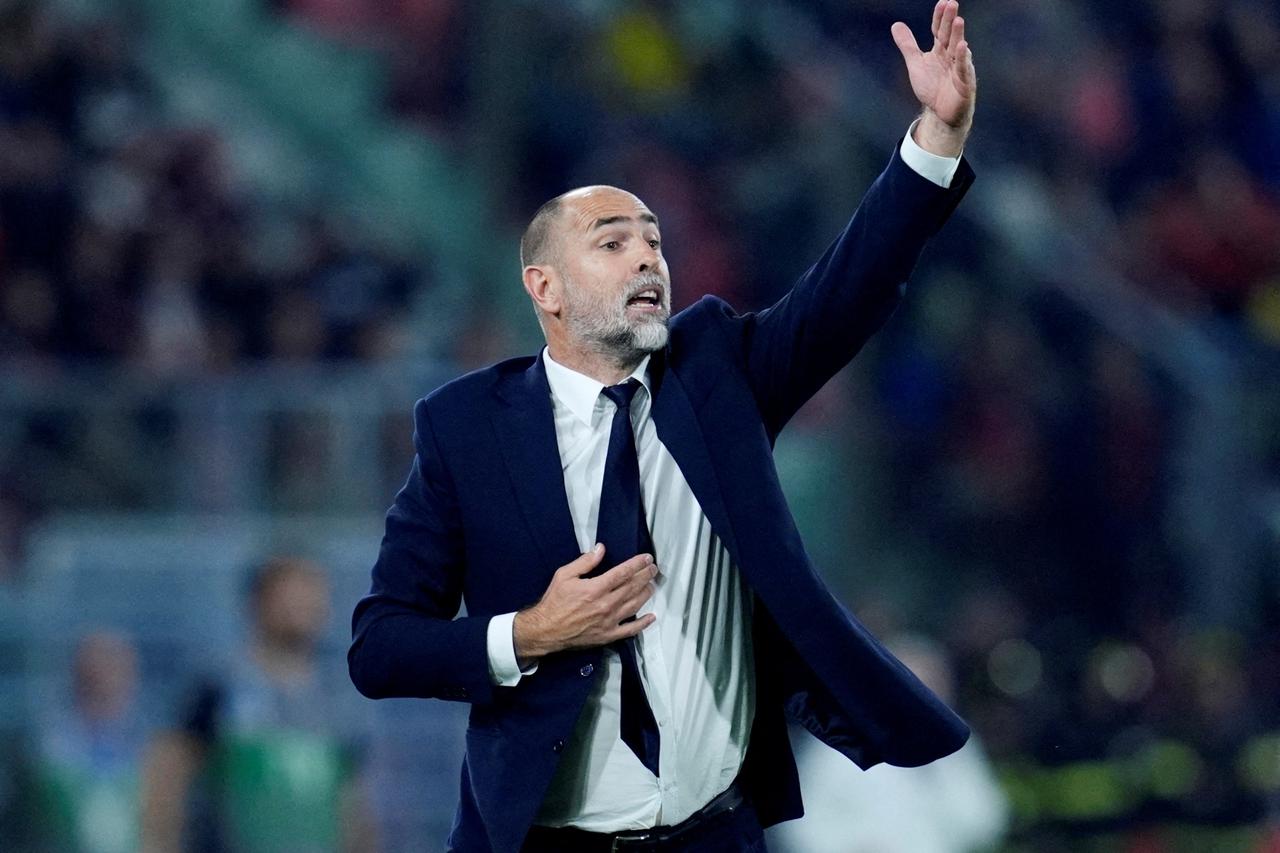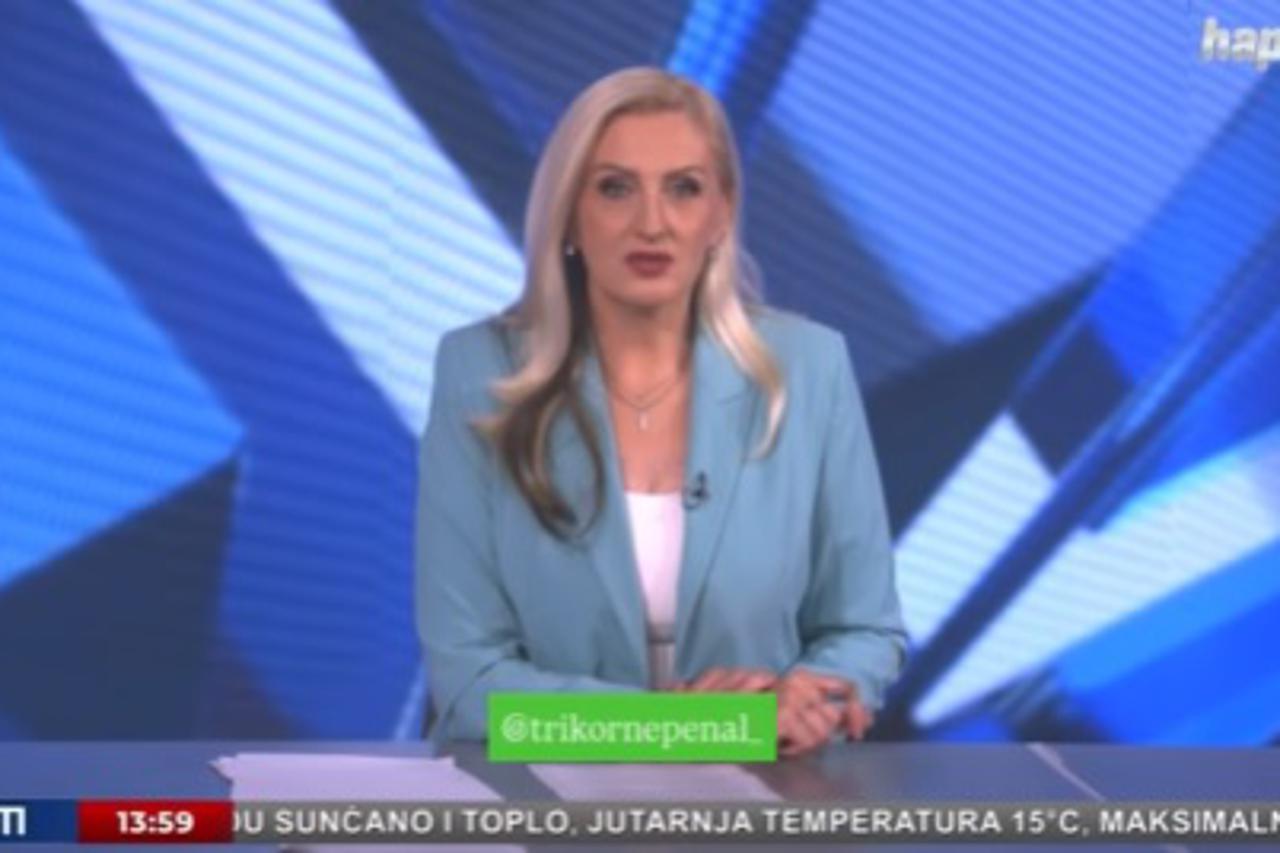The 2023 FIFA Club World Cup features significant changes in its competition format, expanding the number of participating clubs to 32 from around the world, a substantial increase compared to previous years. FIFA introduced these changes to enhance the tournament’s commercial appeal and attract more viewers and sponsors. However, the expansion has raised concerns among players and clubs due to the congested match schedule and potential impact on player health. Major European clubs like Barcelona and Liverpool did not qualify due to the new points system and rules limiting the number of clubs from the same country. The tournament is held in the USA, with ticket sales lower than expected. Matches are broadcast for free on digital platforms but not on traditional TV channels in Croatia. The tournament will be an interesting test of the strength of clubs from different continents and raises new questions about the future of club football.
Political Perspectives:
Left: Left-leaning sources tend to emphasize the concerns of players and unions about the congested schedule and the impact on player health. They highlight the criticism from FIFPro and the potential exploitation of players for commercial gain. The narrative often questions FIFA’s motives, suggesting the expansion is primarily driven by financial interests rather than sporting integrity.
Center: Center-leaning sources provide a balanced view, acknowledging both the commercial benefits of expanding the tournament and the challenges it poses to players and clubs. They report on the new format, the qualification criteria, and the global representation, while also noting the criticism from players and the relatively low ticket sales. The focus is on informing the audience about the changes and their implications without strong bias.
Right: Right-leaning sources often focus on the commercial success and the global growth of football through the expanded tournament. They highlight the large prize money and the opportunity for clubs from different continents to compete on a bigger stage. Criticism from players or unions is downplayed or framed as resistance to progress. The narrative supports FIFA’s decision as a positive evolution of the sport.







